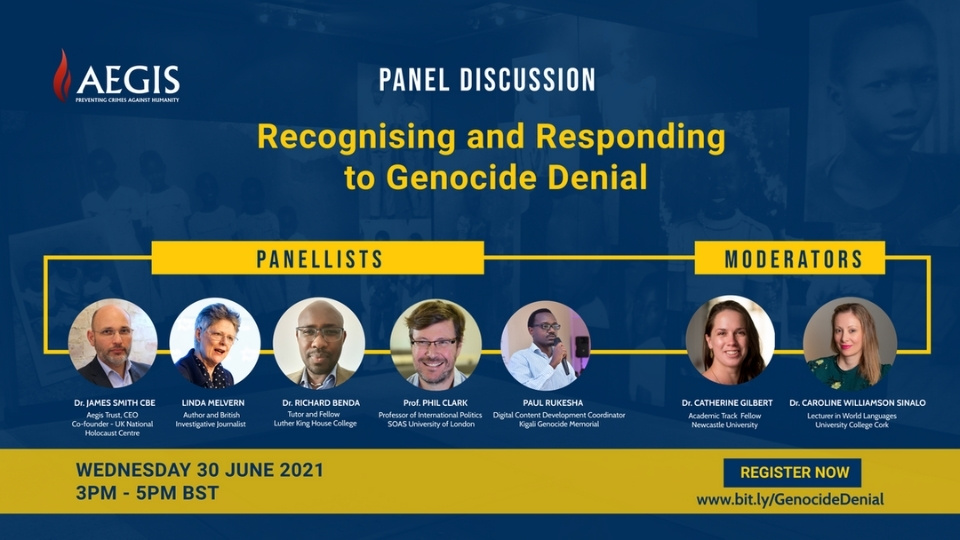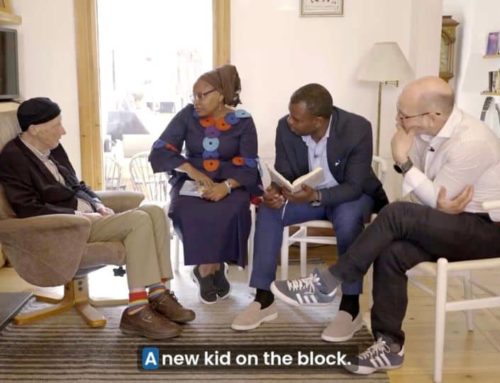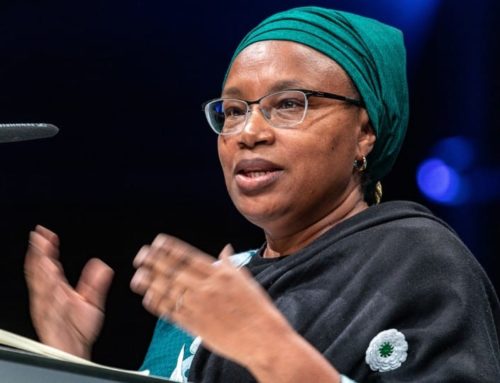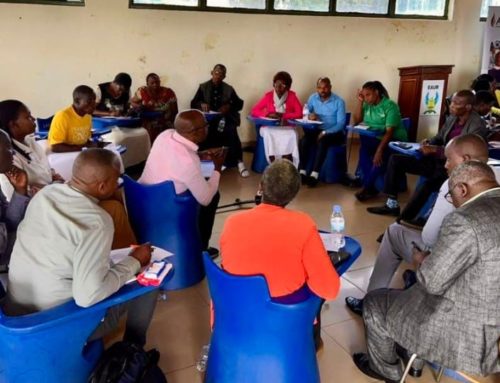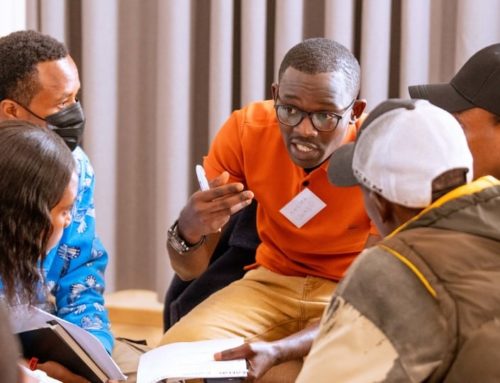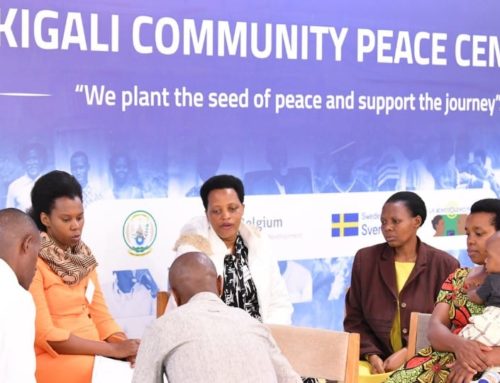On Wednesday June 30th, join Dr Catherine Gilbert (Newcastle University) and Dr Caroline Williamson Sinalo (University College, Cork) as they moderate a panel discussion bringing together experts who can help us learn how to recognise and respond to this rising threat:
The panel will include Rwandan and international experts from academia and civil society working on issues related to the Genocide against the Tutsi and its denial, including Dr Richard Benda, Research Fellow at Luther King House; investigative journalist Linda Melvern, author of ‘Intent to Deceive: Denying the Genocide of the Tutsi’; Phil Clark, Professor of International Politics at SOAS University of London; Dr James Smith, founder and CEO of the Aegis Trust; and Paul Rukesha, Digital Content Development Coordinator at Aegis, who has overseen major projects for the Genocide Archive Rwanda.
“Genocide denial is a painful form of extremism that stems from the ideology of genocide itself,” says Dr Williamson Sinalo. “A slippery and evolving discourse, it avoids being identified for what it is.”
“Given its recent rise in public forums, it is urgent that we understand how to recognise it and work together in response,” adds Dr Gilbert.
Registration to attend the panel discussion is free of charge, but places are limited – so click here to secure your seat now:
Exploring a series of questions about genocide denial in its many manifestations, panellists will delineate the major arguments of deniers and the forms and patterns denial takes. They will also consider the consequences of genocide denial in terms of its immediate impact on the survivor community, and its broader impact on public opinion and political decision-making. Finally, they will reflect on how we should respond collectively to genocide denial in a general sense but also in specific cases where known genocide deniers are given a public platform.
“Denial is the final stage of genocide” says Aegis CEO Dr James Smith. “It’s not only deeply offensive to survivors, but a threat. We need to understand the danger it represents and how we can respond.”
To find out more and save your seat for Wednesday June 30th, click here now: www.bit.ly/GenocideDenial

